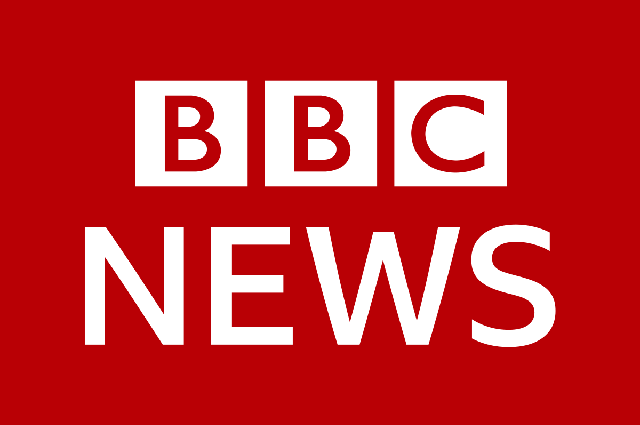-

Hear from Monica Toft, Academic Dean
Learn how Monica Toft, Academic Dean, is shaping the study of global affairs and diplomacy at Fletcher.
Hear from Prof. Toft -

Explore Fletcher academics in action
Fletcher Features offers insights, innovation, stories and expertise by scholars.
Get global insights -
Get application tips right from the source
Learn tips, tricks, and behind-the-scenes insights on applying to Fletcher from our admissions counselors.
Hear from Admissions -

Research that the world is talking about
Stay up to date on the latest research, innovation, and thought leadership from our newsroom.
Stay informed -
Meet Fletcherites and their stories
Get to know our vibrant community through news stories highlighting faculty, students, and alumni.
Meet Fletcherites -

Forge your future after Fletcher
Watch to see how Fletcher prepares global thinkers for success across industries.
See the impact -

Global insights and expertise, on demand.
Need a global affairs expert for a timely and insightful take? Fletcher faculty are available for media inquiries.
Get in Touch
Ethiopia Tigray crisis: Warnings of genocide and famine
Alex de Waal examines the implications of declaring the atrocities occurring Tigray to be genocide, via his article in BBC.

His Holiness Abune Matthias - an ethnic Tigrayan himself - explained that since the outbreak of conflict in November between the Ethiopian military and the Tigray People's Liberation Front (TPLF), his "mouth had been sealed, unable to speak from fear".
Abune Matthias' emotional statement resonated with many Tigrayans, who are deeply traumatized by the violence in their region. More than two million people have been displaced in the conflict.
Through protests in capitals around the world and via social media, members of the diaspora have united to campaign against what they insist is genocide.
The Ethiopian government rejects reports of mass atrocities as exaggerated and politically motivated. Breaking with the traditional hierarchy of the Ethiopian church, the Orthodox Synod distanced itself from the patriarch's statement.
In popular parlance, genocide is the crime of crimes - the very worst on the books. It evokes a special outrage - campaigners against genocide call for exceptional international responses, including military intervention, to stop it.

